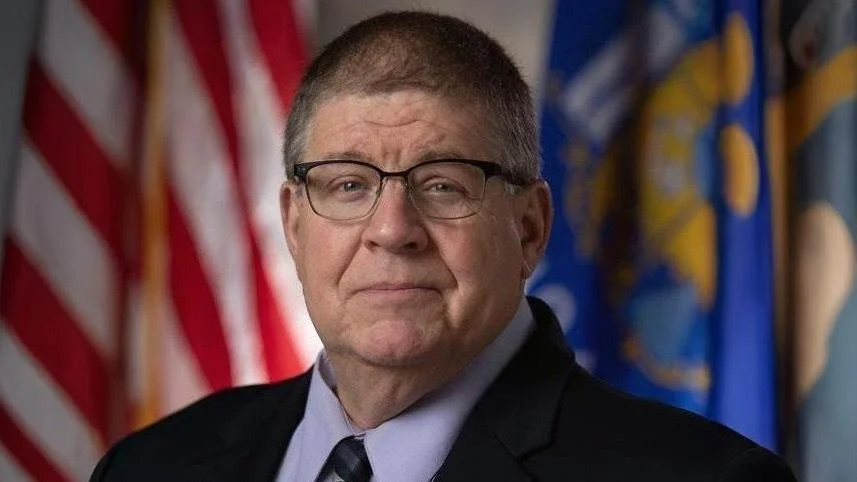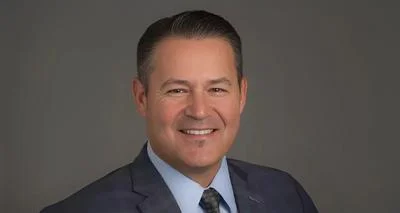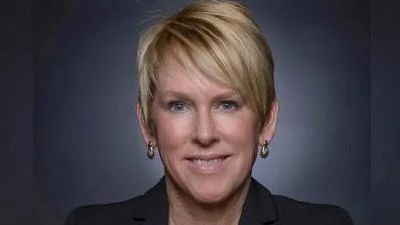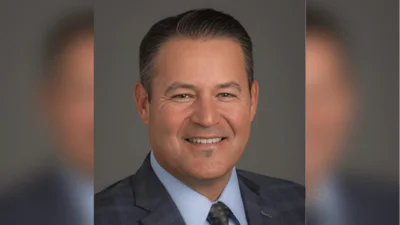David Armstrong, Wisconsin State Representative for 67th District | https://www.facebook.com/RepArmstrongWI/
David Armstrong, Wisconsin State Representative for 67th District | https://www.facebook.com/RepArmstrongWI/
According to the Wisconsin State Legislature's official website, the bill was described as follows: "investment securities under the Uniform Commercial Code".
The following is our breakdown, based on the actual bill text, and may include interpretation to clarify its provisions.
In essence, this bill amends the Uniform Commercial Code concerning securities held in "street name" in customer brokerage accounts. It repeals certain jurisdictional and creditor claims provisions, altering how securities interests and entitlements are governed. The bill removes existing exceptions that previously allowed securities intermediaries' creditors to have claim priority over entitlement holders even in margin accounts. Now, entitlement holders will have priority in claims, irrespective of whether a security interest has been provided to a securities intermediary. The bill also shifts the governing law from the securities intermediary's jurisdiction to the entitlement holder's jurisdiction. It takes effect on the first day of the fourth month after publication.
The bill was co-authored by Senator André Jacque (Republican-1st District), Representative Barbara Dittrich (Republican-99th District), Representative Rick Gundrum (Republican-58th District), Representative Rob Kreibich (Republican-28th District), and Representative Jeffrey Mursau (Republican-36th District). It was co-sponsored by Senator Steve L. Nass (Republican-11th District) and Senator Van H. Wanggaard (Republican-21st District).
David Armstrong has co-authored or authored another 33 bills since the beginning of the 2025 session, with none of them being enacted.
Armstrong, a Republican, was elected to the Wisconsin State Assembly in 2025 to represent the state's 67th Assembly district, replacing previous state representative Rob Summerfield.
In Wisconsin, the legislative process starts when a senator, constituent, group, or agency proposes an idea for a bill. After drafting, the bill is introduced, numbered, and referred to a committee for review and public input. If approved, it moves through three readings and votes in both the Senate and Assembly. Once both chambers pass the same version, the bill goes to the governor, who can sign it, veto it, or let it become law without a signature. Only a small share of bills introduced each session ultimately become law. You can learn more about the Wisconsin legislative process here.
| Bill Number | Date Introduced | Short Description |
|---|---|---|
| AB133 | 03/13/2025 | Investment securities under the Uniform Commercial Code |
| AB107 | 03/11/2025 | Conversion of cooperative associations organized to establish and operate nonprofit plans or programs for health care into service insurance corporations |
| AB82 | 02/28/2025 | Exempting certain conveyances between grandparents and grandchildren from the real estate transfer fee. (FE) |
| AB70 | 02/24/2025 | A disclaimer of parental rights and payments allowed in connection with an adoption |
| AB64 | 02/24/2025 | An income tax subtraction for certain expenses paid by a school teacher. (FE) |
| AB63 | 02/24/2025 | Financing the operating costs and certain out-of-state projects of nonprofit institutions and compensation of employees of the Wisconsin Health and Educational Facilities Authority. (FE) |
| AB59 | 02/24/2025 | The use of federal capitalization grant funds for lead service line replacement. (FE) |
| AB53 | 02/24/2025 | Special circumstances battery to a community service officer and providing a penalty |
| AB41 | 02/17/2025 | Local regulation of vegetable gardens |
| AB35 | 02/17/2025 | Withdrawal of candidacy for certain offices filled at the general election and providing a penalty. (FE) |
| AB21 | 02/06/2025 | Technical colleges’ lease of their facilities to others. (FE) |
| AB12 | 02/06/2025 | State agency status for certain physician assistants and advanced practice nurses who provide services without compensation for local health departments or school districts. (FE) |





 Alerts Sign-up
Alerts Sign-up